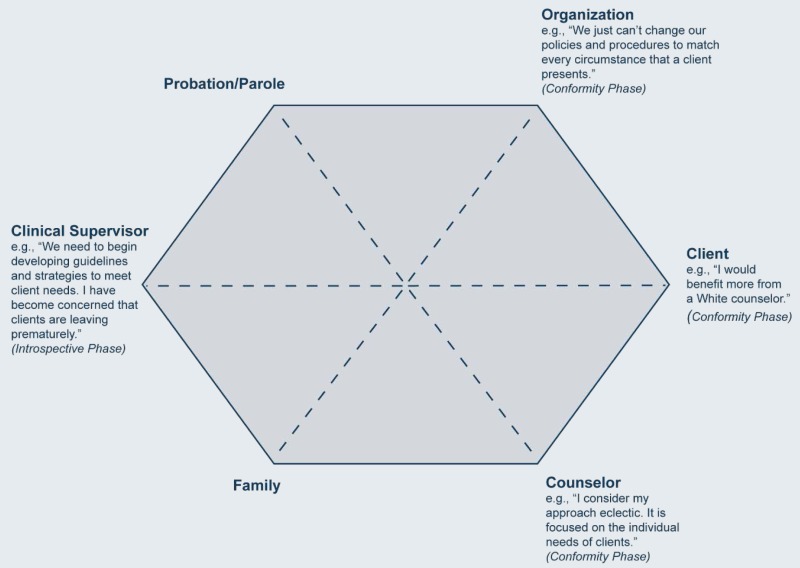
Attorney Skills Enhancement: Strategies and Tips for Success

Unlocking Success: Strategies and Tips for Attorney Skills Enhancement
Legal professionals operate in an ever-evolving landscape, requiring continuous skill enhancement to stay at the forefront. Here, we explore effective strategies and tips for attorneys looking to elevate their skills and thrive in the dynamic world of law.
Investing in Continuing Legal Education: A Foundation for Growth
Continuing Legal Education (CLE) is more than a requirement; it’s a powerful tool for skill enhancement. Attorneys should actively seek out relevant courses to stay updated on legal trends, new regulations, and advanced legal practices. CLE provides a foundation for ongoing professional growth and ensures attorneys are well-equipped to navigate complex legal scenarios.
Specialization: Mastering a Niche for Expertise
Specialization is a key strategy for attorney skills enhancement. By focusing on a specific area of law, attorneys can become experts in that niche. This depth of knowledge not only enhances their credibility but also positions them as sought-after specialists in the legal community. Clients often seek attorneys with a proven track record in handling cases within their specialized area.
Mentorship and Networking: Learning from Seasoned Professionals
Establishing mentor-mentee relationships and actively participating in professional networks are invaluable for skills enhancement. Learning from seasoned professionals provides insights that go beyond textbooks. Mentors offer practical advice and share experiences, contributing to the development of not only legal skills but also the softer skills essential for success in the legal field.
Embracing Legal Technology: A Game-Changer for Efficiency
In the digital age, legal technology is a game-changer. Attorneys who embrace technological advancements can significantly enhance their efficiency. From case management systems to legal research tools, leveraging technology streamlines processes, allowing attorneys to focus on high-value tasks and deliver superior client service.
Client-Centric Communication: Mastering the Art of Advocacy
Communication skills are at the core of effective legal practice. Attorneys must not only understand the intricacies of the law but also communicate them clearly to clients. Enhancing client-centric communication involves active listening, empathy, and the ability to convey complex legal concepts in a way that clients can understand. This skill not only builds trust but also contributes to successful case outcomes.
Attorney Skills Enhancement Strategies Strategies Tips
For a comprehensive guide on attorney skills enhancement, visit Attorney Skills Enhancement Strategies Strategies Tips. Explore expert insights, practical tips, and resources to propel your legal career forward.
Cultivating Negotiation and Mediation Skills: A Diplomatic Approach
Negotiation and mediation skills are indispensable for attorneys. Whether resolving disputes or negotiating settlements, a diplomatic approach is often more fruitful. Attorneys should seek training in negotiation techniques and mediation strategies to effectively represent their clients’ interests while fostering amicable resolutions.
Staying Adaptable: A Must-Have Skill in a Changing Legal Landscape
The legal landscape is constantly evolving, with new precedents, regulations, and challenges emerging regularly. Attorneys need to cultivate adaptability as a core skill. This involves staying abreast of legal developments, being open to learning new areas of law, and adapting strategies to align with the changing legal environment.
Effective Time Management: Maximizing Productivity
Time is a precious commodity for attorneys. Effective time management is a skill that directly impacts productivity and work-life balance. Attorneys should employ strategies such as prioritizing tasks, setting realistic deadlines, and utilizing productivity tools to manage their workload efficiently.
Mindfulness and Well-Being: Balancing Professional and Personal Life
In the pursuit of skills enhancement, attorneys must not overlook the importance of well-being. The legal profession can be demanding, and stress is a common companion. Cultivating mindfulness practices and maintaining a healthy work-life balance contribute to long-term success by ensuring attorneys can sustain their peak performance over time.
In conclusion, the journey of attorney skills enhancement is multifaceted, encompassing legal knowledge, practical skills, and personal development. By investing in education, embracing technology, cultivating effective communication, and staying adaptable, attorneys can position themselves for success in a dynamic and challenging legal landscape.







